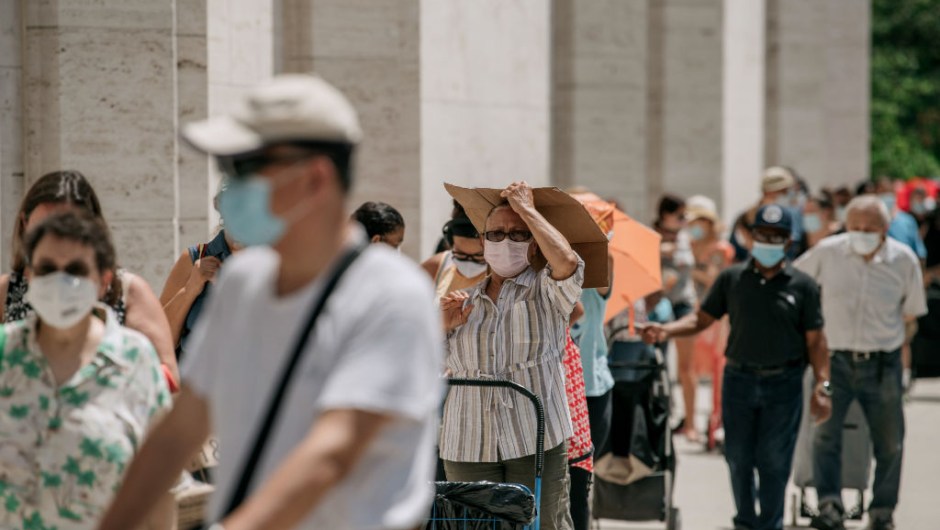Editor's Note: Pedro Brieger is an Argentine journalist and sociologist, author of several books on international issues and contributor to publications in different countries. He is a professor of Sociology at the University of Buenos Aires (UBA). Director of Nodal, a portal dedicated to news from Latin America and the Caribbean. He is a TV columnist on the Argentine channel C5N and on the program "En la Frontera", on PúblicoTV (Spain) and on programs by the Argentine stations Radio10, La Red, La Tribu and LT9-Santa Fe. Throughout his career , Brieger has won important awards for his informative work on Argentine radio and television. His Twitter account is @PedroBriegerOk. The opinions expressed in this column belong exclusively to the author. See more opinion articles at CNNe.com/opinion.
(CNN Spanish) - “Time is money” is a very common phrase in Spanish that has equivalents in several languages. Perhaps the best known is "time is money", time is money, an old American phrase that has to do with work and productivity, and is an emblem of the culture of that country with great influence, mainly, in the so-called western world.
Throughout the centuries the notion of "time" has been modified in different cultures. For millions of residents in the countryside, the seasons of the year, the rhythm of agriculture, the sun and the moon are what regulate the activities of daily life, from dawn to dusk. In cities, on the other hand, we do not look at the sun to know the time, we use something called a clock. And as every minute is "worth gold", the clock was also mutating to save time.
That beautiful watch that the gentleman carried in his pocket was exchanged for one on the wrist of his arm so as not to waste those valuable seconds that were lost in taking the watch out of his pocket and removing the cover that covered it. Although today the clock is on the cell phone, where we concentrate a large part of our lives to -among other things- save time, and not disperse ourselves in looking for what we should do in a tangle of papers like yesteryear.
Our lives are full of phrases that encourage us to beat time. So, as they say, "do not leave for tomorrow what you can do today."
- WATCH: OPINION | Where are the guinea pigs?
But the coronavirus pandemic is already changing the way we perceive time. Everything slows down in order to preserve our health. The distance in the lines that we face a business and the fact that within the premises there may be very few people make a purchase process, which before the pandemic could take about ten minutes, now takes three or four times more. Even fast food outlets, the quintessential symbol of the need to “buy” time, are no longer so fast. And examples abound. Now times are different.
In 1941, the writer Budd Schulberg published the book "Why Samuelillo Runs", the story of the young Sammy who is permanently seeking success. Sammy never stops. While watching him run, the question arises, why does he run?
- MORE: OPINION | Live with or against nature?
Epidemics and pandemics change production, consumption, hygiene and well-being habits, as well as work routines, transforming the public and private spheres. Health and time are precisely closely related public and private issues. It remains to know how they will articulate once the pandemic passes ... only time will tell.

